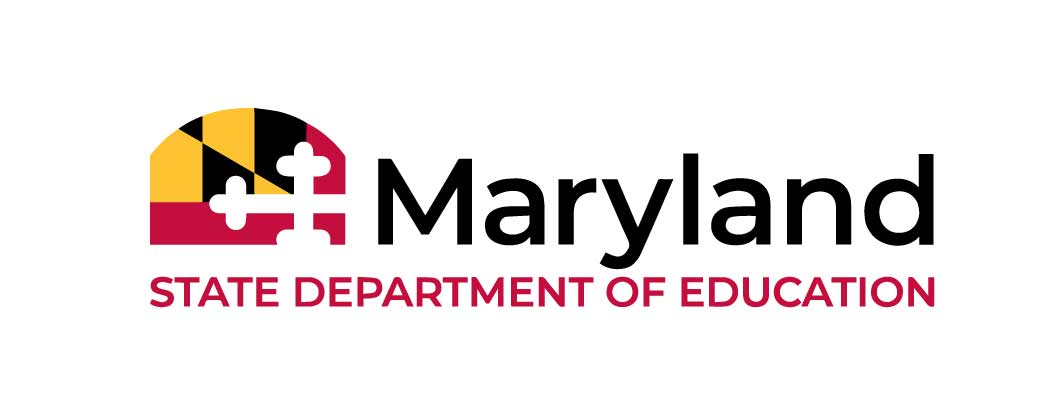Transition Talks: Secondary Transition Councils

Secondary Transition Councils promote effective transition practices that assist students with disabilities to prepare for adult life. Key community stakeholders in the transition process are critical members of local and regional transition councils. Members of the transition councils often include representatives from local school systems, higher education, community employers, adult agencies, families and students. Teams work together to address transition planning needs and issues of youth with disabilities in order to improve both in-school and post-school outcomes (Aspel, Bettis, Quinn, Test, & Wood, 1999; Povenmire-Kirk et al., 2015). Regularly scheduled meetings provide opportunities for team members to share information and services as well as plan projects and activities that support transitioning youth and their families.
The common mission for local and regional transition council members is to build a secondary transition coordinating system that identifies needs and resources, develops action plans and educates the community about the secondary transition process through networking and communication. This system is designed to improve the postsecondary education, employment and community living outcomes for students with disabilities. Research shows councils that have focused on implementing change were more likely to improve student outcomes than councils that have only focused on the process of sharing information and networking (Fabian, Dong, Simonsen, & Leucking, 2016). Local and regional transition councils that are well organized and coordinated improve transition education, planning, and services that lead to successful postschool outcomes for students with disabilities.
Spotlight
Lower Shore Tri-County Transition Council: School to Work, Education and Employment through Transition (SWEET)
Transition Coordinators:
Matt Elburn: Worcester County
Barbara Bell: Wicomico County
Jeremy Wolfer: Wicomico County
Cindy Taylor: Somerset County
The SWEET Lower Shore Tri-County Transition Council was established to improve postsecondary outcomes for students with disabilities in Worcester, Wicomico and Somerset counties. SWEET’s mission is to increase secondary transition opportunities for students and families through a collaborative working relationship with community stakeholders. Representatives from the tri-county school systems, community agencies and employers, local colleges, adult service providers, and parent groups meet quarterly with a common goal to improve the transition process from school to adult life.
Worcester County Public Schools Transition Coordinator Matt Elburn said the ideas, resources and programs generated through the diverse group of SWEET members support the needs of students with disabilities and their families. This collaborative working relationship has enhanced interagency coordination and community partnerships through expanding knowledge and building capacity to support students and families through the secondary transition process and improve postsecondary outcomes.
Questions to Consider
- What are our system needs and goals for transitioning youth?
- How can a Transition Council support our Secondary Transition system?
- Who are potential team members?



